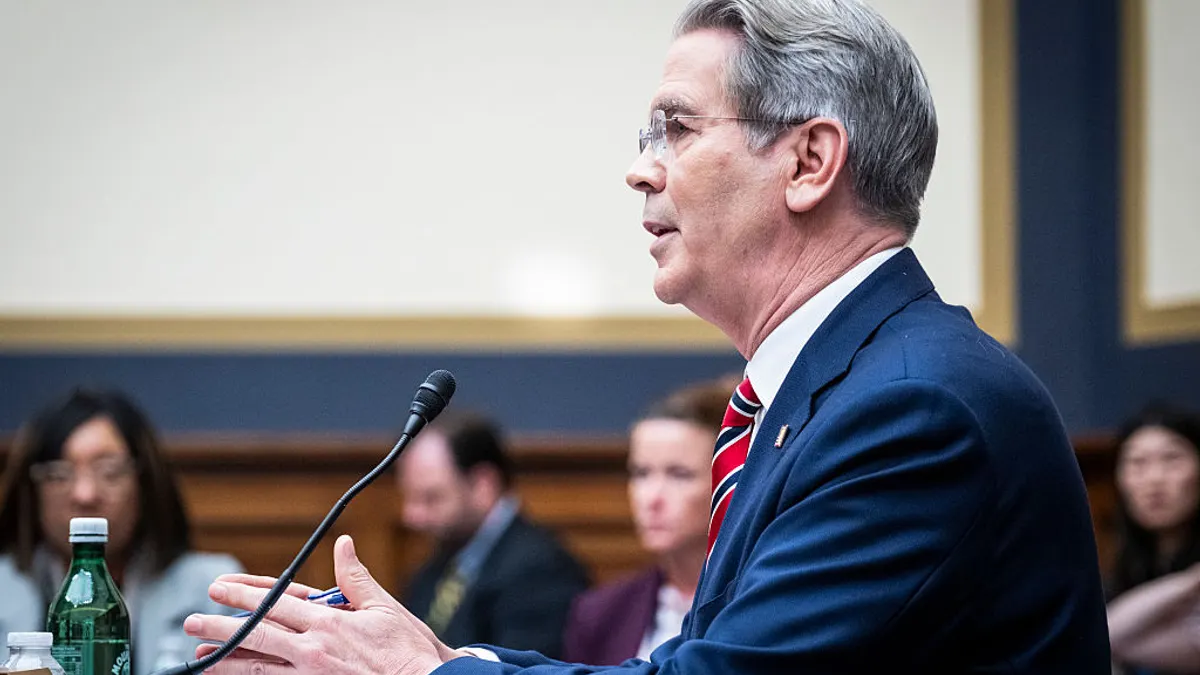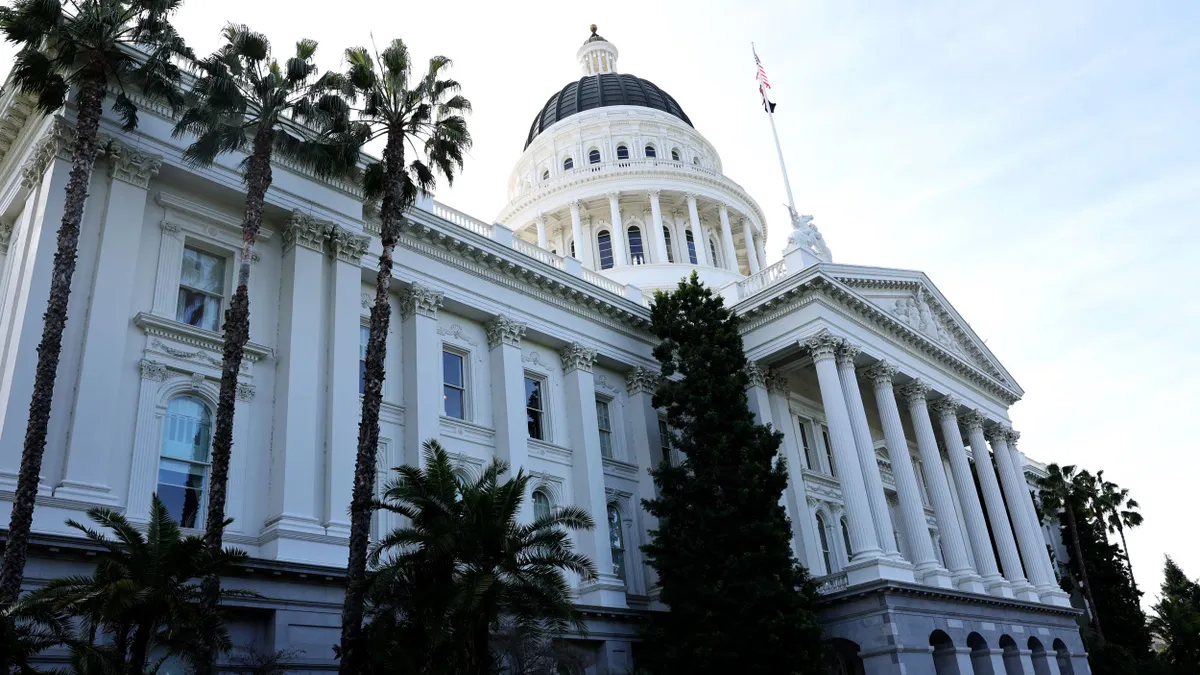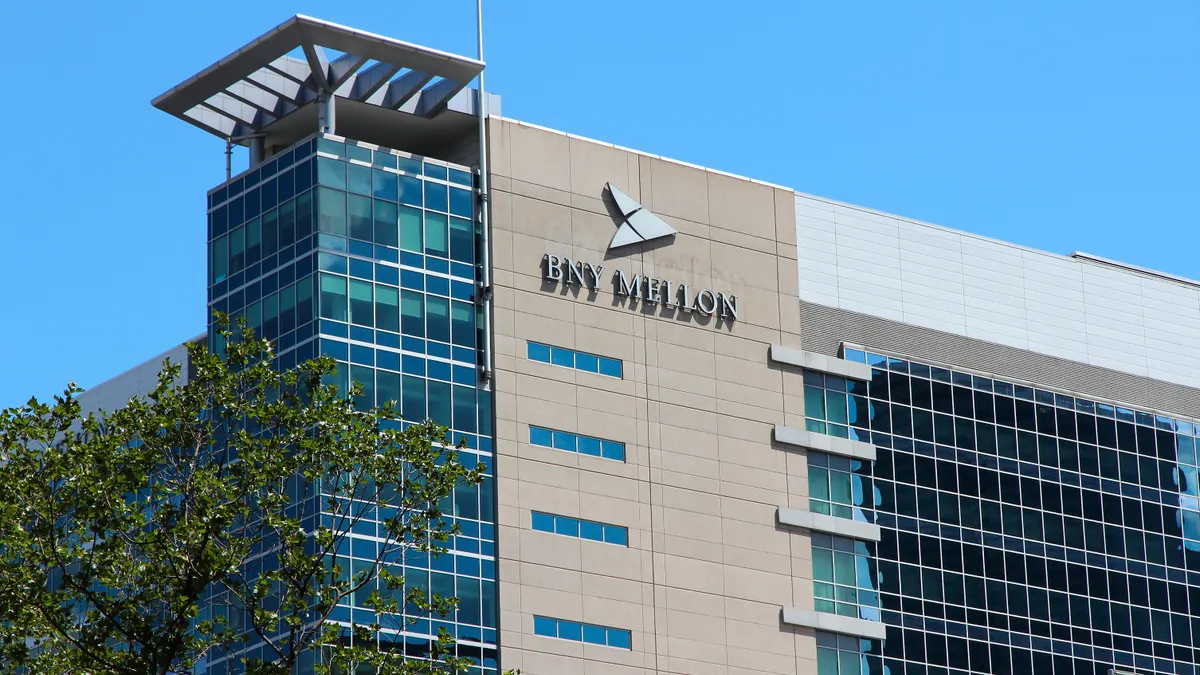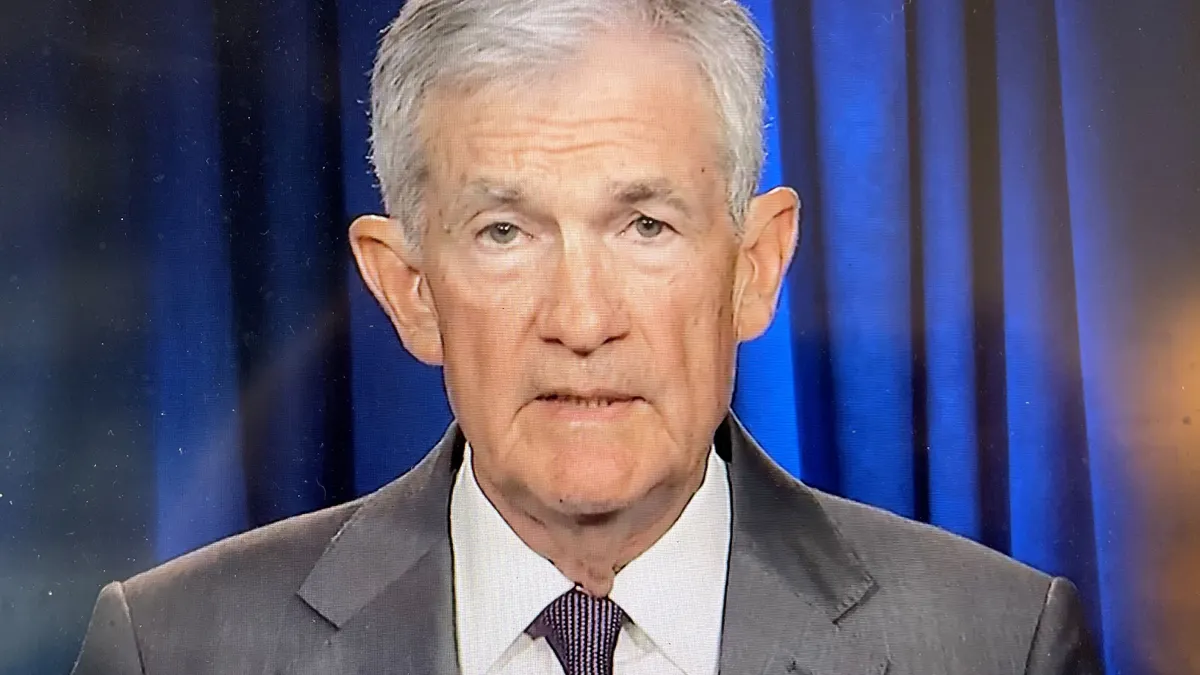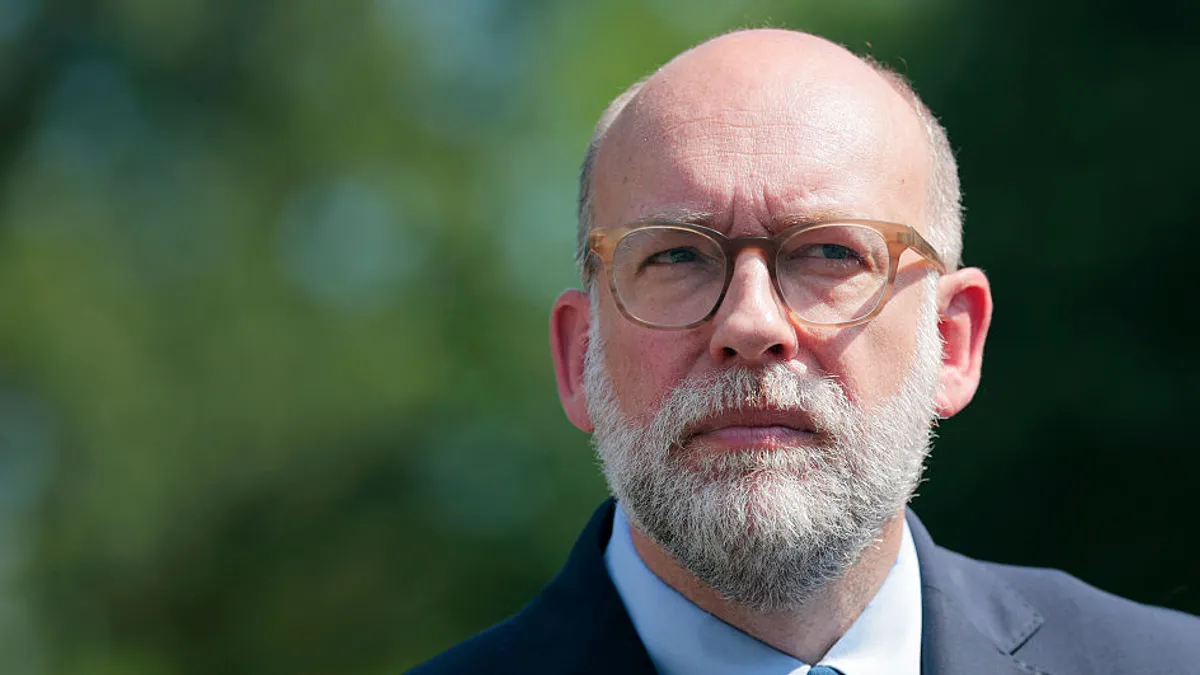Lawmakers on both sides of the aisle sought answers Wednesday from Treasury Secretary Scott Bessent on the fate of funding for community development financial institutions.
During a House Financial Services Committee hearing, Rep. Young Kim, R-CA, noted the role the CDFI fund has played in promoting the local economy in her Orange County district, and urged Bessent to support its future.
“We believe that if CDFIs follow their statutory obligations and do not digress into more ideological boundaries, that they can be important institutions,” Bessent replied.
In March, President Donald Trump issued an executive order that named the CDFI fund among the government entities targeted for cuts, as part of efforts to reduce “the scope of the federal bureaucracy.” The order also directed the entities to “reduce the performance of their statutory functions and associated personnel to the minimum presence and function required by law.”
Bank trade groups, in response, wrote to Bessent and Congress urging support for the CDFI fund, saying its public-private partnership model “aligns seamlessly with the Trump administration’s goals of revitalizing American communities, promoting job growth, and reducing regulatory burdens while ensuring taxpayer dollars are spent efficiently and with measurable impact.”
CDFIs are financial institutions that seek to provide affordable lending and other services to low- to moderate-income communities; they are certified by the Treasury and can apply for monetary support. As of this year, there are roughly 1,432 certified CDFIs, including 359 banks, according to the Independent Community Bankers of America. More than 90% of congressional districts have at least one CDFI serving their communities, the trade group said.
The Trump administration’s proposed “skinny budget” for the next fiscal year, released last week, proposes cutting $291 million in CDFI fund discretionary awards. An accompanying fact sheet highlights the CDFI fund among the “woke programs” facing cuts.
“The Budget eliminates CDFI Fund awards that were abused to advance a partisan agenda,” including the Equitable Recovery Program, according to the fact sheet. The White House also contended CDFIs have been “irresponsibly dedicating funds to climate radicalism and Green New Deal causes,” according to the fact sheet.
Past discretionary awards “framed American society as inherently oppressive rather than fostering unity,” and the CDFI industry “has matured beyond the need for ‘seed’ money and should at this point be financially self-sustaining,” the White House’s budget request said.
Remaining CDFI funding would support “oversight and closeout of prior awards, maintaining CDFI certification, and support for New Markets Tax Credit administration and the zerocost Bond Guarantee Program,” according to the budget proposal.
On Wednesday, Bessent told lawmakers the administration’s skinny budget includes a new $100 million award program providing access to affordable financing, mostly in rural America.
That program “would require 60 percent of [CDFIs’] loans and investments to go to rural areas, and would leverage existing administrative resources within the Department of the Treasury’s CDFI Fund to increase access to capital, infrastructure financing, and main street business development,” according to the budget request.
Proposed cuts to the CDFI fund appeared to concern Democratic and Republican senators alike Wednesday, with more than one noting to Bessent he has said the CDFI fund plays an important role in expanding financial access.
The committee’s ranking member, Rep. Maxine Waters, D-CA, told Bessent she worked with Steve Mnuchin, Treasury secretary during Trump’s first term, to secure $12 billion in capital investments and grants for CDFIs and minority depository institutions.
Rep. Al Green, D-TX, pressed Bessent on the “woke” label in Trump’s budget. “Is its statutory function to be ‘woke’?” Green asked.
“I’ve never seen that in the statute, sir,” Bessent said. “I think the CDFI fund is performing its statutory functions as required.”
Green noted, “$100 million is quite a distance from $12 billion.” Bessent replied that $12 billion is not the annual appropriation for CDFIs, but Green emphasized that $12 billion is funding that a bipartisan group intended for CDFIs and MDIs.
“We don’t want to see that cut,” Green told Bessent.


